The Ministry of Health is proactively coordinating with the Ministry of Finance and localities to propose to the Government to remove the procurement mechanism, ensuring adequate supply of vaccines for the Expanded Program on Immunization (EPI).
The Ministry of Health said that recently, due to the impact of the Covid-19 epidemic, the supply of vaccines has been affected, leading to supply interruptions and local vaccine shortages in some localities. For domestically produced vaccines, the EPI Program has provided enough vaccines for 2022 and will last until July 2023. Hepatitis B vaccine and tuberculosis vaccine will be used until August 2023; Japanese encephalitis vaccine can be used until the end of September 2023. Measles, measles-rubella, and bOPV (oral polio) vaccines are enough until July 2023. Tetanus and IPV (injectable polio) vaccines currently available at all levels are sufficient until the end of 2023.
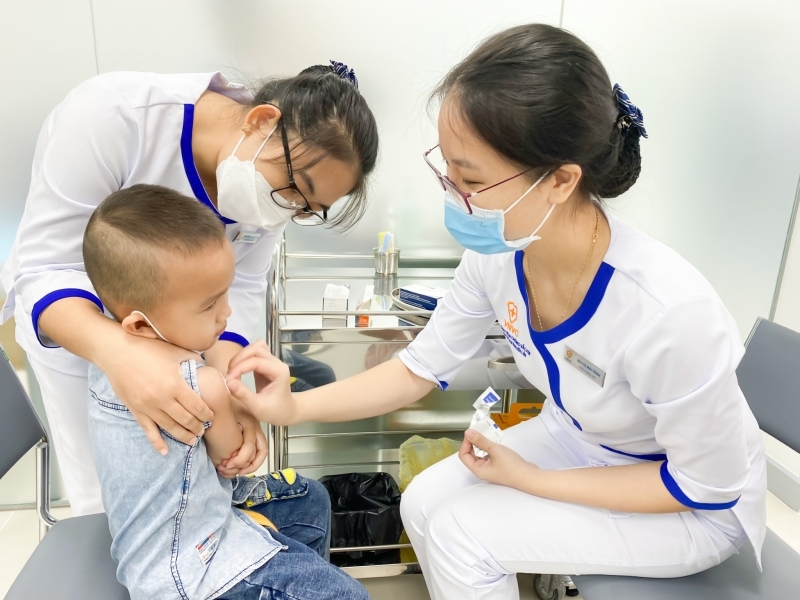 |
Vaccination for children. Photo: VNVC |
For imported 5-in-1 vaccines (to prevent hepatitis B, diphtheria, whooping cough, tetanus and pneumonia, meningitis caused by Hib bacteria) there has been a nationwide shortage since February 2023 because in 2022, the procedures for bidding to purchase vaccines were carried out according to regulations, but no bidders participated.
Currently, the EPI Program continues to deploy available vaccines at commune/ward vaccination points.
Plan to ensure vaccine supply for the Expanded Immunization Program in 2023 and 2024
For domestically produced vaccines, according to the Ministry of Health , if domestically produced vaccines are purchased by the Ministry of Health, bidding cannot be carried out. In case of purchasing by ordering, it must be done as follows: Localities register their needs with the Ministry of Health ; authorize the Ministry of Health to place orders. The Ministry of Health, based on the quantity and demand, notifies production facilities to develop a pricing plan that takes into account all cost factors. The Ministry of Health synthesizes the pricing plan and sends it to the Ministry of Finance for appraisal. Localities, based on the registered quantity and approved price, sign purchase contracts and pay directly to the production unit.
To implement this method, amending the decrees will be very time-consuming, so it is necessary to issue a Government resolution, allowing the Ministry of Health to implement an ordering mechanism for domestically produced vaccines in the EPI program.
For imported vaccines, there are 3 types of imported vaccines: IPV polio vaccine, 5-in-1 vaccine and Rotavirus vaccine.
IPV polio vaccine is now available for 2023 and 2024 needs from aid sources, which will be distributed locally.
For the 5-in-1 vaccine, localities register the quantity and the Ministry of Health's centralized procurement unit negotiates the price and signs a framework agreement. Localities sign contracts and pay suppliers directly from local budgets.
Rotavirus vaccine currently has 3 registration numbers (2 registration numbers for imported vaccines and 1 registration number for domestic manufacturers). However, this vaccine cannot be centrally bid at the national level. Therefore, the Ministry of Health proposes the following plan to purchase this vaccine: The Ministry of Health will notify localities of full information and declared prices so that localities can choose and register their needs. Based on the registration needs of localities, the Ministry of Health will conduct procurement in the form of price negotiation for imported vaccines and place orders for domestically produced vaccines.
Thus, imported vaccines (except Rota) use aid sources or centralized bidding according to current regulations. For 10 domestically produced vaccines (including domestically produced Rota), the Ministry of Health proposes that the Government allow purchases by ordering method.
KIM GIANG
Source



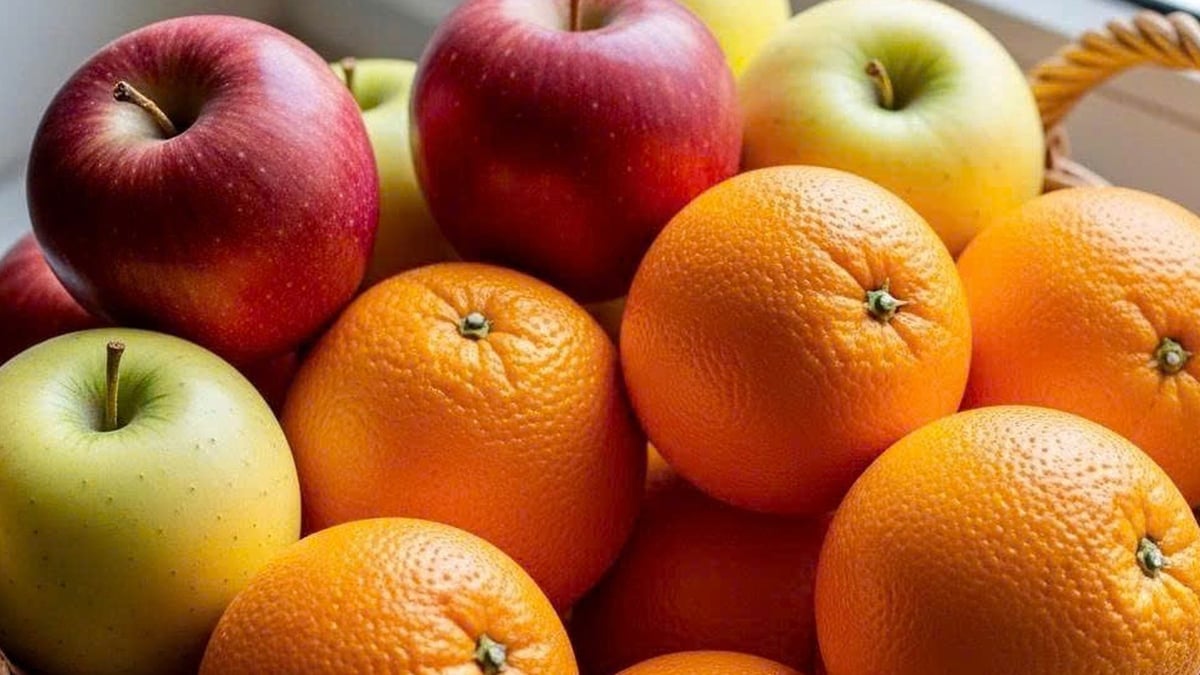
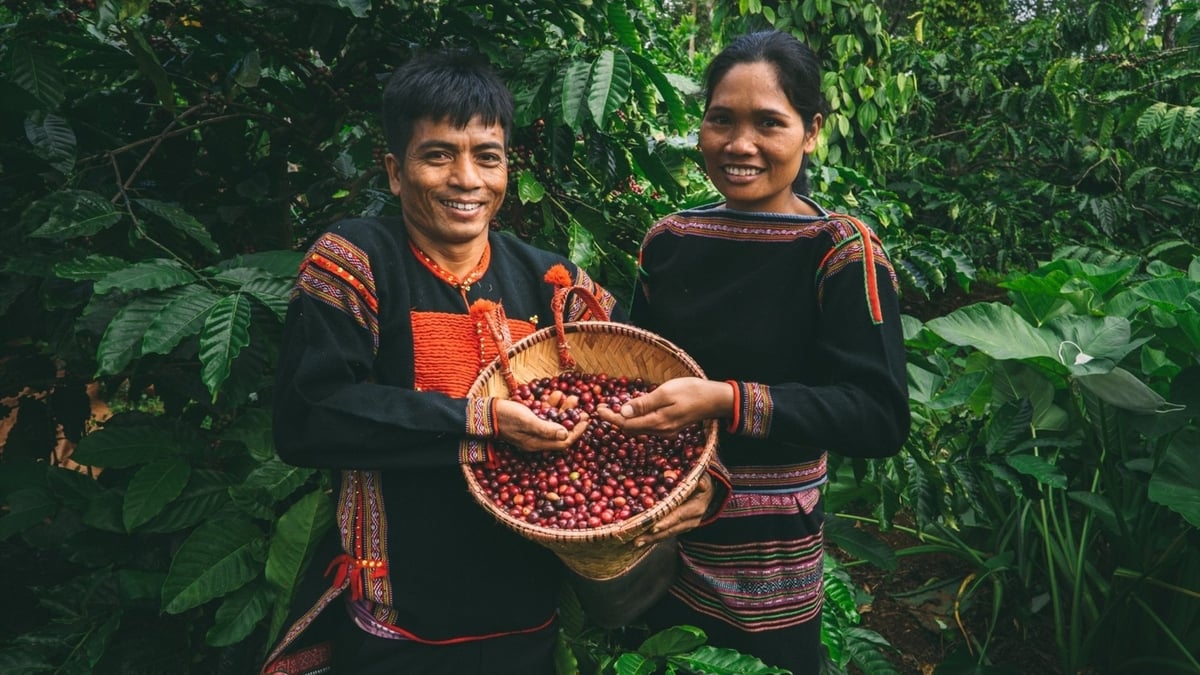
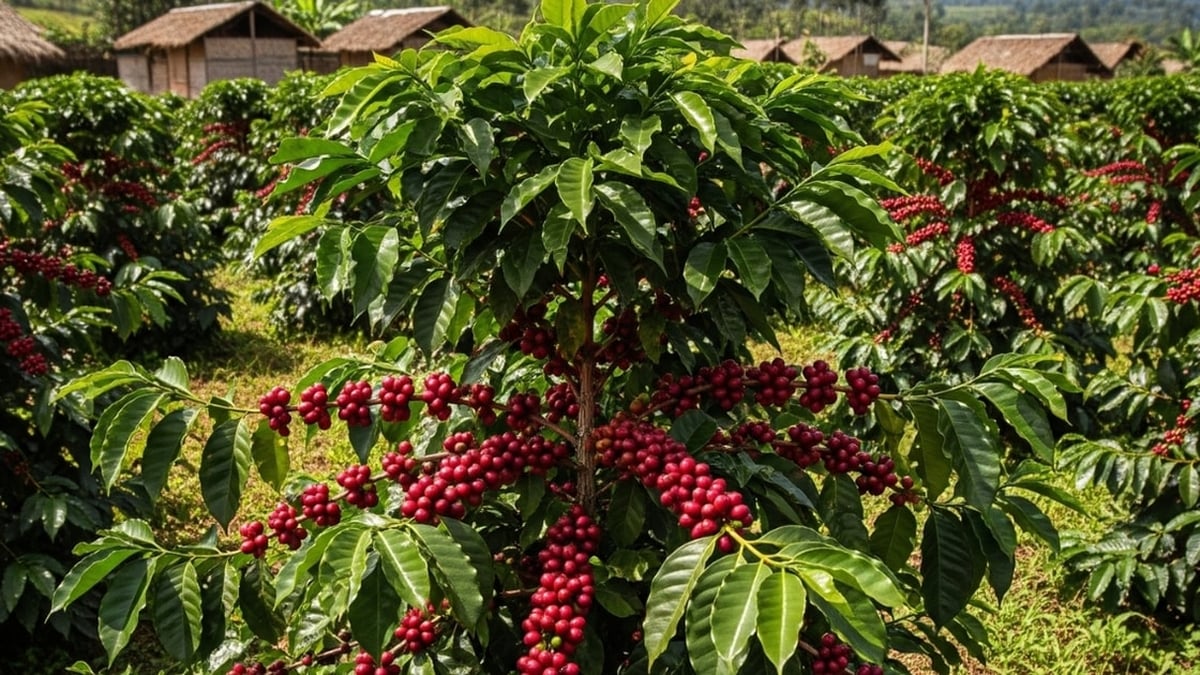
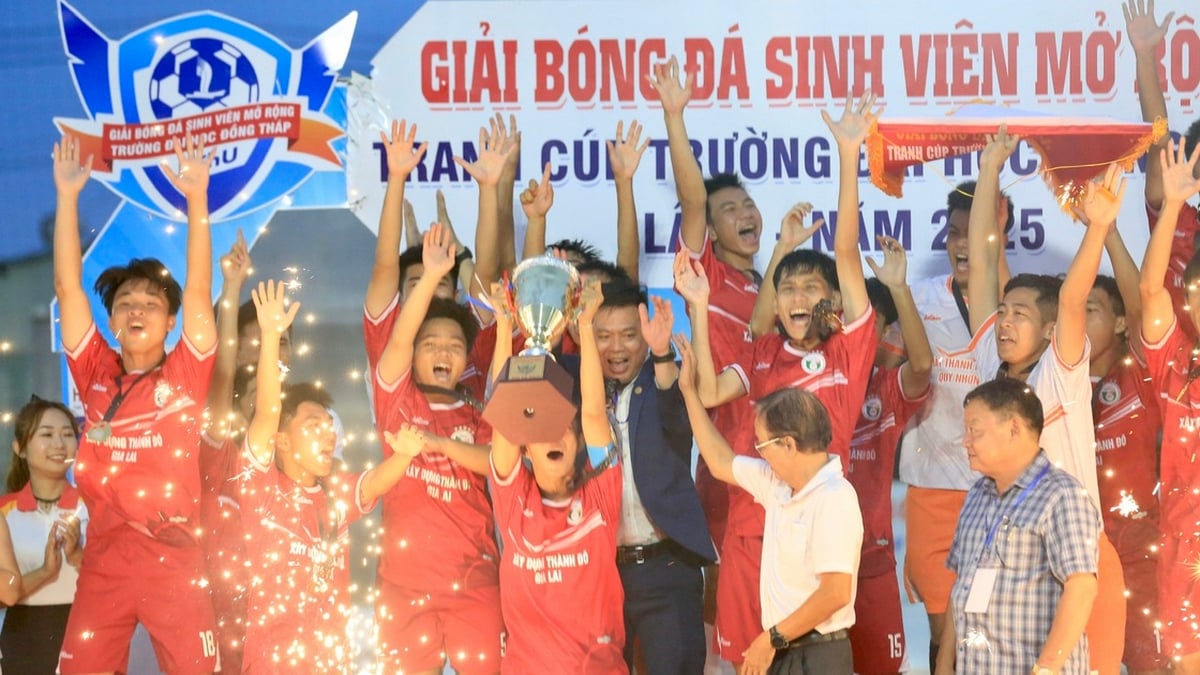
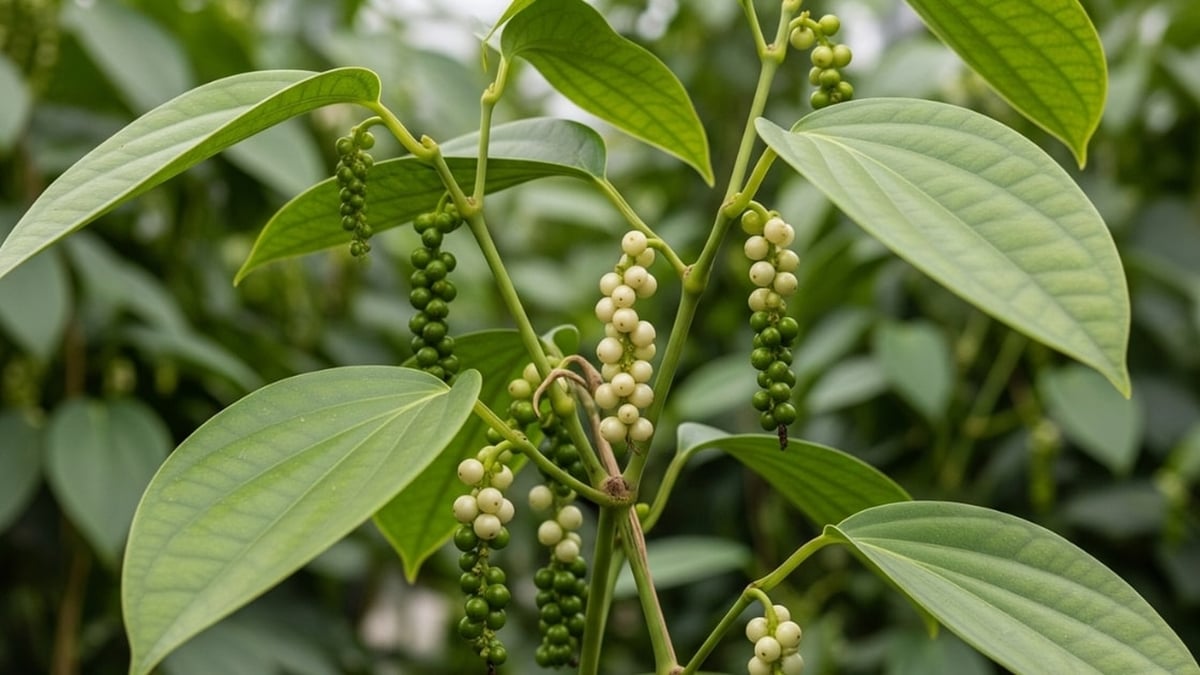


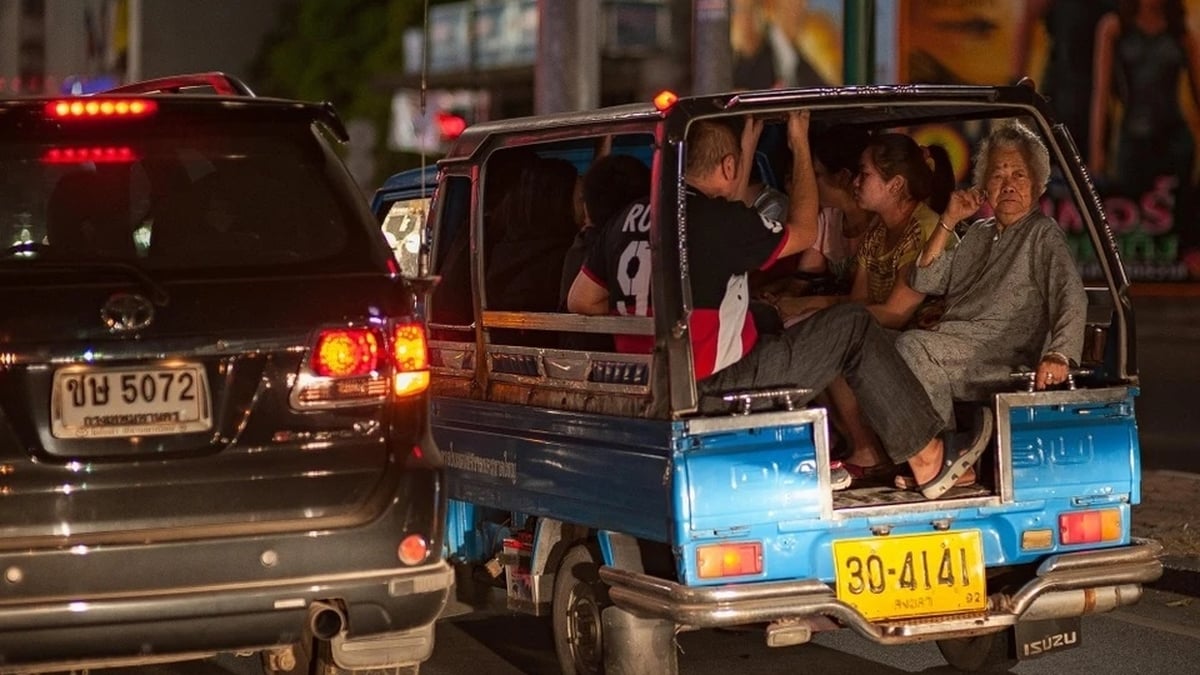























































































Comment (0)